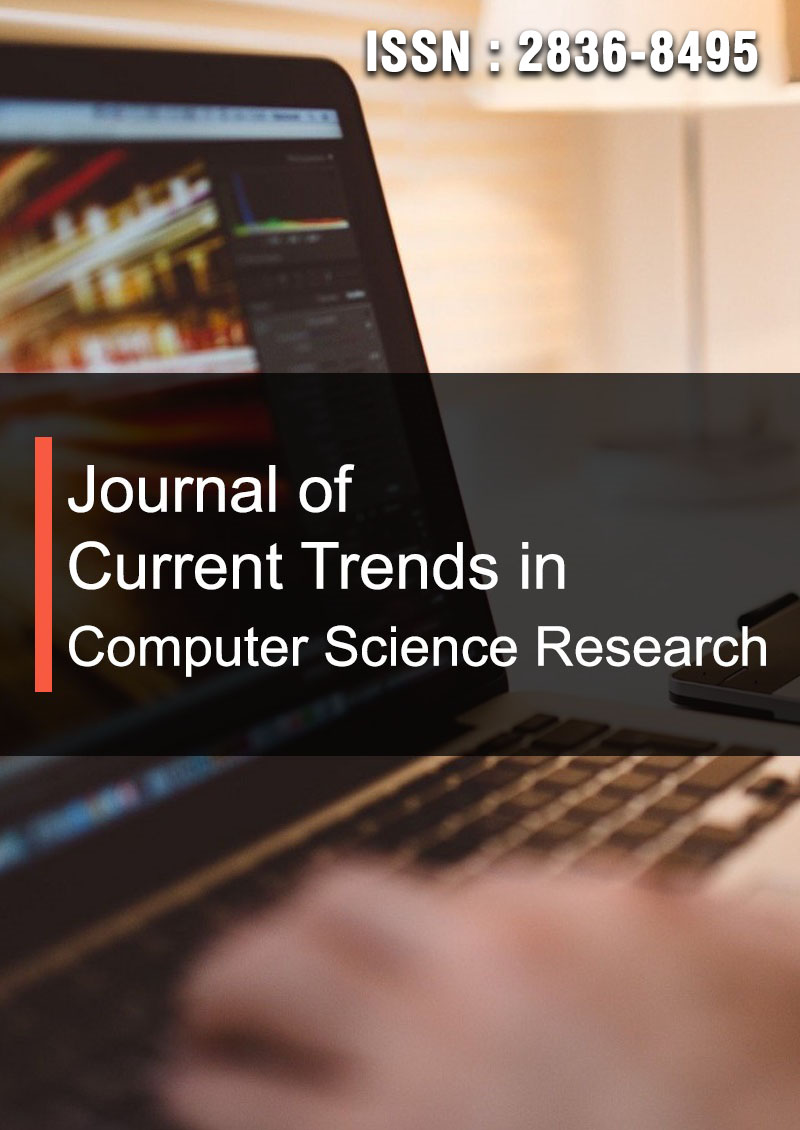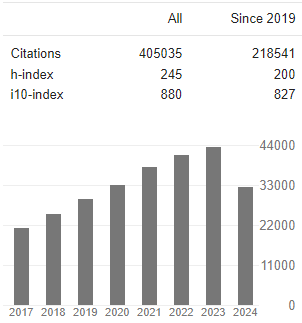Artificial Intelligence and Machine Learning: A Review of State-of- the-Art Trends, Global Developments, and Practical Implications
Abstract
Franka Anyama Undie, S. A. Hameed, Jeremiah Akomaye Ikwen, Matthew Okache Okache and Ridwanullahi Ayofe Adebayo
This paper presents a comprehensive review of the latest trends, global developments, and practical implications in the field of Artificial Intelligence (AI) and Machine Learning (ML). The introduction highlights the transformative impact of AI and ML across various sectors, including healthcare, finance, transportation, manufacturing, retail, and entertainment.
The purpose of the scientific research is to analyze the scientific, knowledge, and practical significance of AI and ML developments, emphasizing their potential impact on diverse domains. The study encompasses three main parts: state-of- the- art trends, global developments, and practical implications.
The scientific and practical importance of this paper lies in its examination of the growth and transformative potential of AI and ML technologies. The research methodology involves a comprehensive literature review, covering academic journals, conference proceedings, and reputable research papers and reports, to provide valuable insights and advancements in the field.
The key findings of the paper revolve around significant trends in AI and ML, such as the increasing adoption of deep learning techniques and the integration of AI with big data analytics. Additionally, the study highlights global developments in AI research and investments from countries like the United States, China, Canada, Japan, South Korea, and the European Union. Practical implications include improved disease diagnosis and personalized treatment plans in healthcare, enhanced fraud detection and risk assessment in finance, and the use of AI-powered virtual assistants in customer service interactions.
The research brings practical relevance to industries and policymakers, demonstrating the transformative potential of AI and ML in reshaping sectors and improving various aspects of human life. The paper concludes with recommendations for establishing robust frameworks to govern the responsible development and deployment of AI and ML systems, ensuring their long-term viability and beneficial impact on society.





